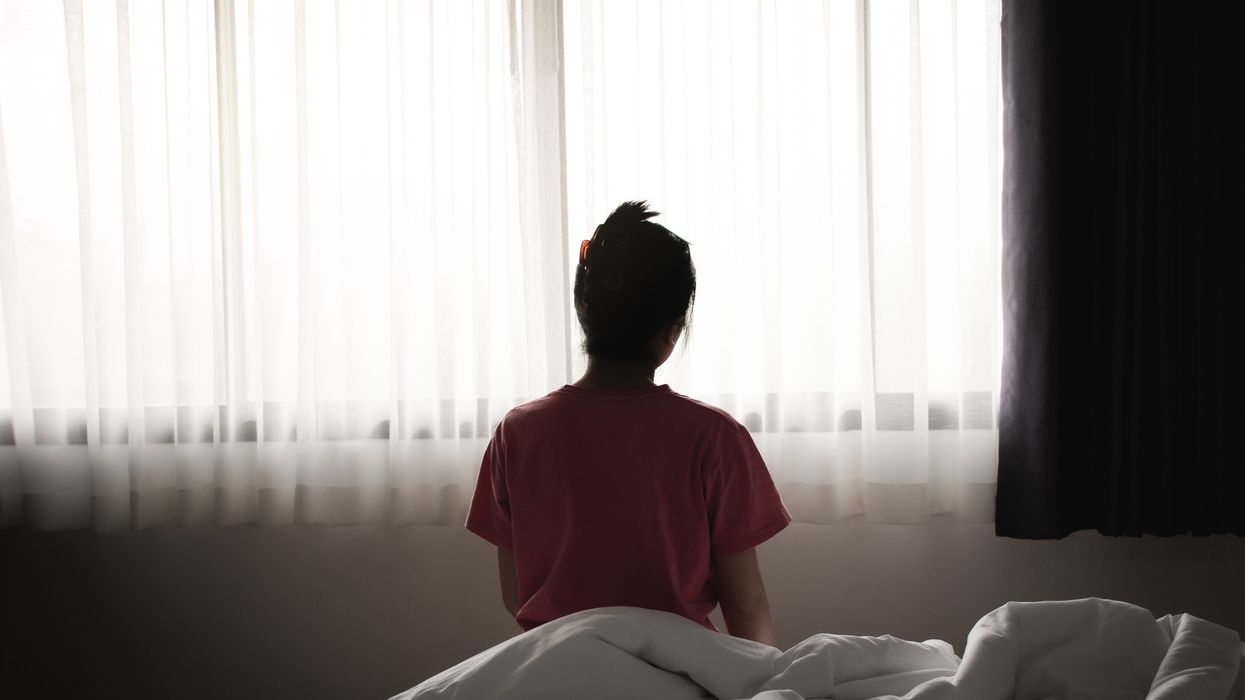by LAUREN CODLING
ASIANS are 50 per cent more likely to be affected by the housing emergency than white people, new research on Wednesday (26) revealed.
Approximately 1.8 million Asian adults (48 per cent) do not have a safe or secure home, compared with 33 per of white adults in the UK, according to housing and homelessness charity Shelter.
Its report, titled Denied the Right to a Safe Home, found one in three adults in Britain is now impacted by the housing crisis.
Naz Begum, 41, lives with her two young children as a tenant in a Birmingham house. Her landlord recently raised the rent from £650 to £700 after he made a number of repairs to the property. Her monthly bills now total £950 per month, a sum Begum described as “unmanageable.”
The single mother admitted she did not feel secure living in privately rented accommodation and feels reluctant to flag any problems with the property in case her landlord increases the rent again.
“There's nothing to stop landlords putting our rent up, as and when it suits them,” she told Eastern Eye. “I almost feel threatened because if I report (an issue), then the consequence may be that my rent goes up again, or if I pester my landlord too much, he might give me an eviction notice.
“You live in constant fear about things like that.”
Shelter’s research found eight per cent of respondents said they are worried about losing or being asked to leave their current home.
"Not able to survive"
Begum was given three months’ notice by her landlord on the rent increase – but as a full-time student, she said she is unable to make the extra money elsewhere. Without the child maintenance provided by her ex-partner, Begum admitted she “would not be able to survive”.
Shelter’s report noted 65 per cent of single mothers do not have a safe or secure home, compared with 37 per cent of two-parent households.
Begum, who has lived in the property for six and a half years, has considered moving elsewhere. However, as she is not in a full-time job, she fears other landlords will not accept her.
She is also concerned that some landlords may discriminate against ethnic minority tenants. “I think there is definitely discrimination against Muslims, especially those who are visibly dressed and recognisable as Muslims,” she said.
“A friend who viewed many properties was turned away from all of them. I said I would go and view the property for her as I’m not visibly Muslim and (my experience) was completely different.”
Begum said concerns over rising bills and tenancy have played on her mind. She recently suffered a bereavement too; shortly before her landlord confirmed the rent increase, her mother passed away from Covid-19.
“My landlord was fully aware that I’d just had a bereavement, he was fully aware of my situation in terms of finances,” said Begum, who revealed she has obsessive-compulsive disorder (OCD) and anxiety.
“He always said I take care of the property and he had no issues, but the rent increase coupled with the bereavement has really affected my mental health.”
As well as the impact on her, Begum worries for her children. Both attend schools within walking distance from their home and she is reluctant to move.
“I have to think about the mental wellbeing of my children too,” she said. “I wouldn't want to pull them out of one school to put them into another.”
"Lives are being ruined"
Shelter’s chief executive Polly Neate said decades of neglect have left Britain’s housing system “on its knees”.
“A safe home is everything, yet millions don’t have one,” Neate said. “Lives are being ruined by benefit cuts, blatant discrimination, and the total failure to build social homes.
“We are fighting for everyone impacted by the housing emergency - and as we emerge from the pandemic, we want the public and politicians to do the same.”
Researchers questioned 13,000 people on their home and housing experiences for the study, which also found 23 per cent of people are living in homes with significant damp, mould and condensation, or that they cannot keep warm in winter.
Other key issues include unaffordability and insecurity, with eight per cent of respondents saying they regularly cut back on food and heating in order to pay their housing costs.
A Ministry of Housing, Communities and Local Government spokesperson said: "It is unacceptable for people to live in unsafe accommodation and that is why we have given councils stronger tools to crack down on rogue landlords, including fines of up to £30,000 and banning orders.”
They added they were providing more than £750 million to tackle homelessness and rough sleeping and investing more than £12 billion in affordable housing.




